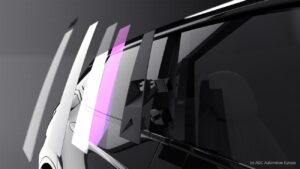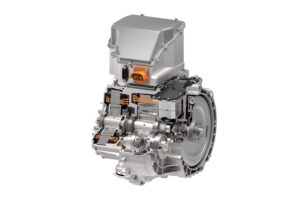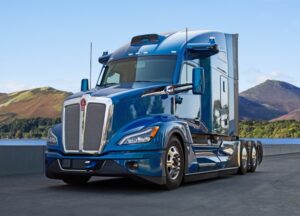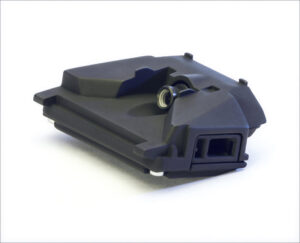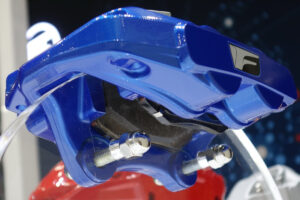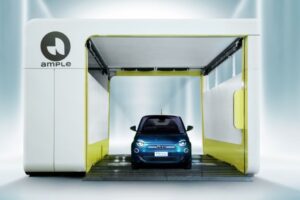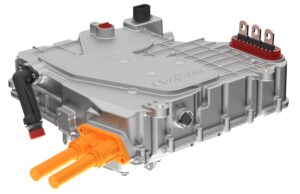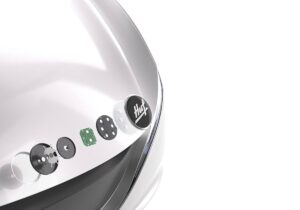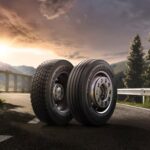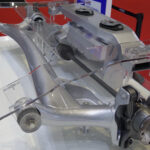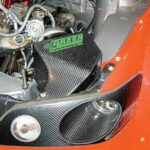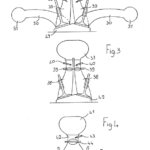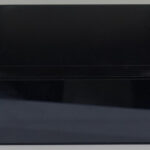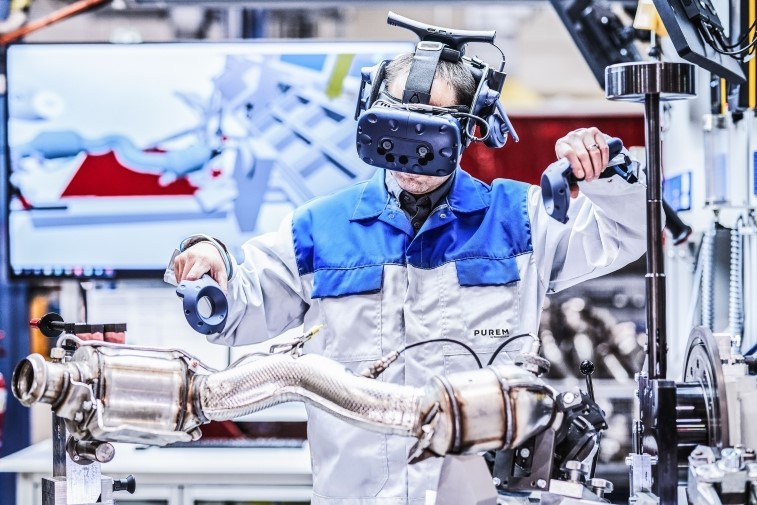
The position paper’s key points that have remained in place include pollutant emissions that are at the level of the previously applicable Euro 6 standard. These limit values, which are already very low, assure clean mobility; compliance is ensured by innovative exhaust gas aftertreatment systems. For diesel cars, nitrogen oxide emissions are to be tightened. So too will the current limit values for buses and trucks.
Urea injection solutions are used for this purpose, particularly in diesel and commercial vehicles. For example, the Compact Urea Processing Unit improves the optimal vaporization and processing of the urea-water solution. The special geometry counteracts the deposition of urea and helps reduce nitrogen oxide emissions.
The Euro 7 standard also places greater focus on test methods — the aim here is to monitor compliance with limit values for newly registered vehicles. The cold-start phase has a major influence on this because the exhaust-emission conversion’s chemical processes occur only once a particular minimum temperature of the catalytic converter has been reached. The comprehensive Active Heating portfolio from Purem by Eberspaecher shortens the cold-start phase at the beginning of the journey and increases the temperature in the low-load range. The Eberspaecher EHC Fractal Heater, for example, can reduce pollutants in diesel and gasoline-powered vehicles by up to 90 percent by enabling the heating elements to transfer heat quickly to the catalytic converter. Further options in the Active Heating product family include the Eberspaecher EHC Lamella Heater and the Heated Tunnel Mixer. With its product strategy, the automotive supplier is pursuing clean and quiet mobility.

